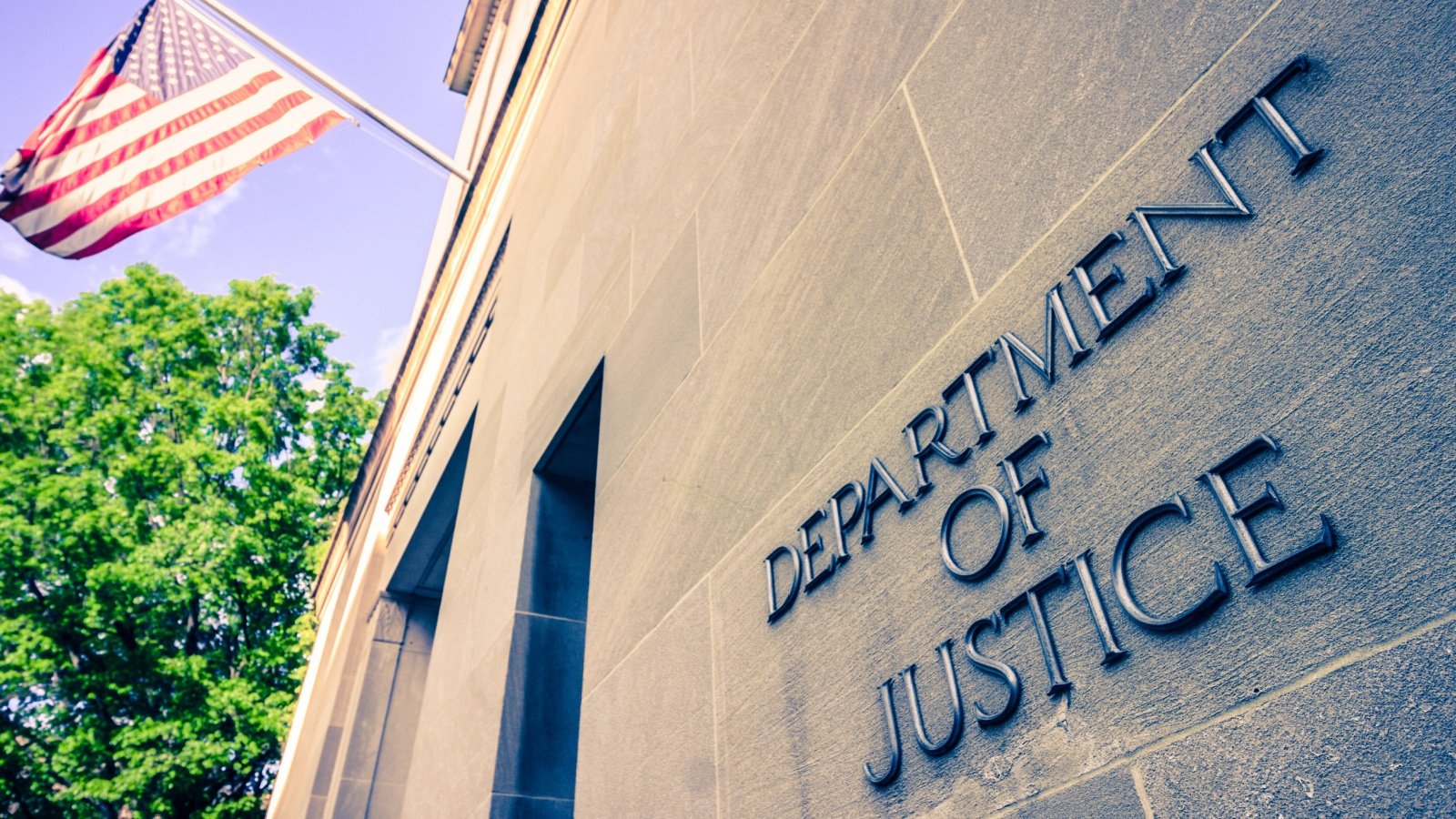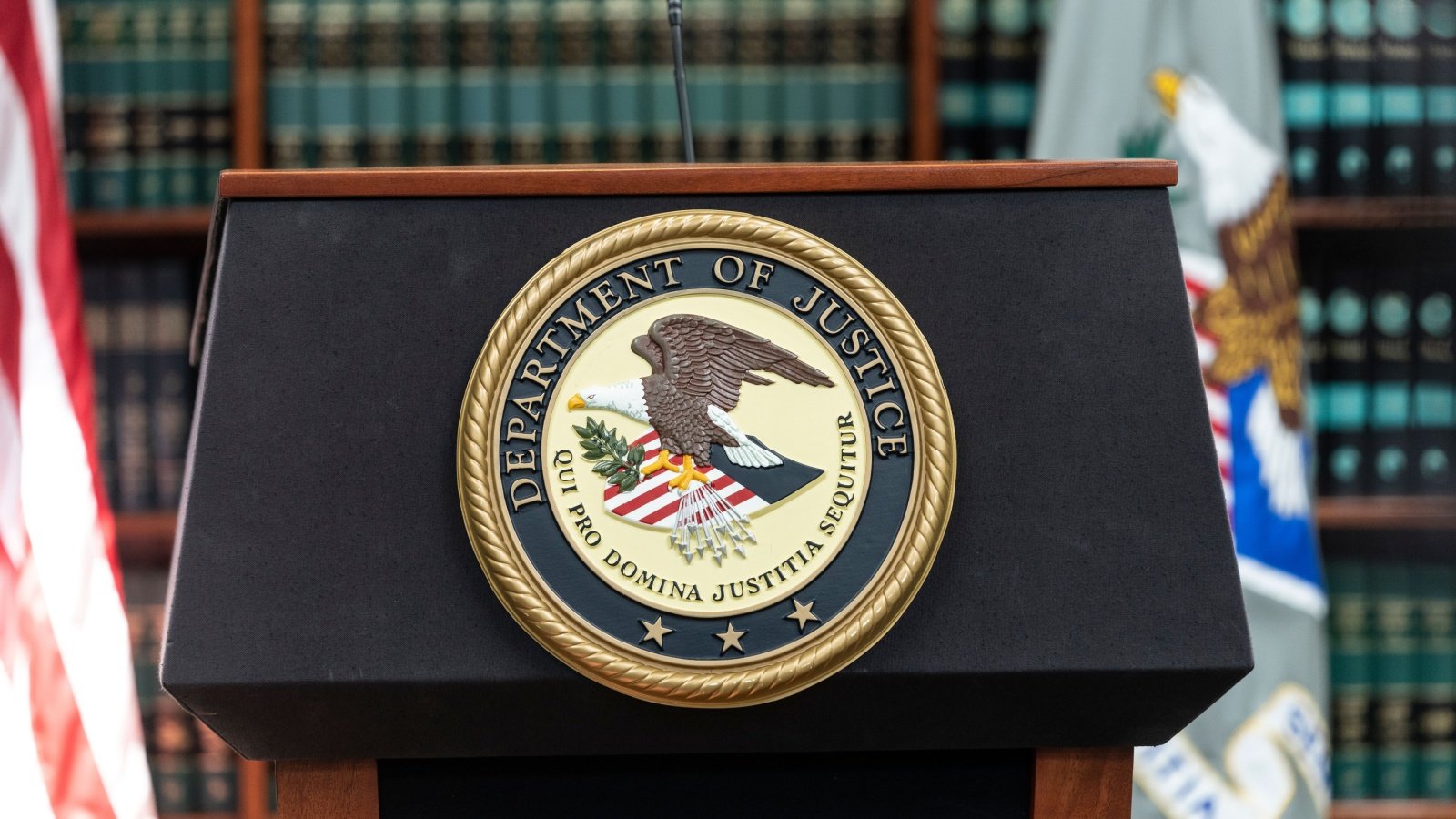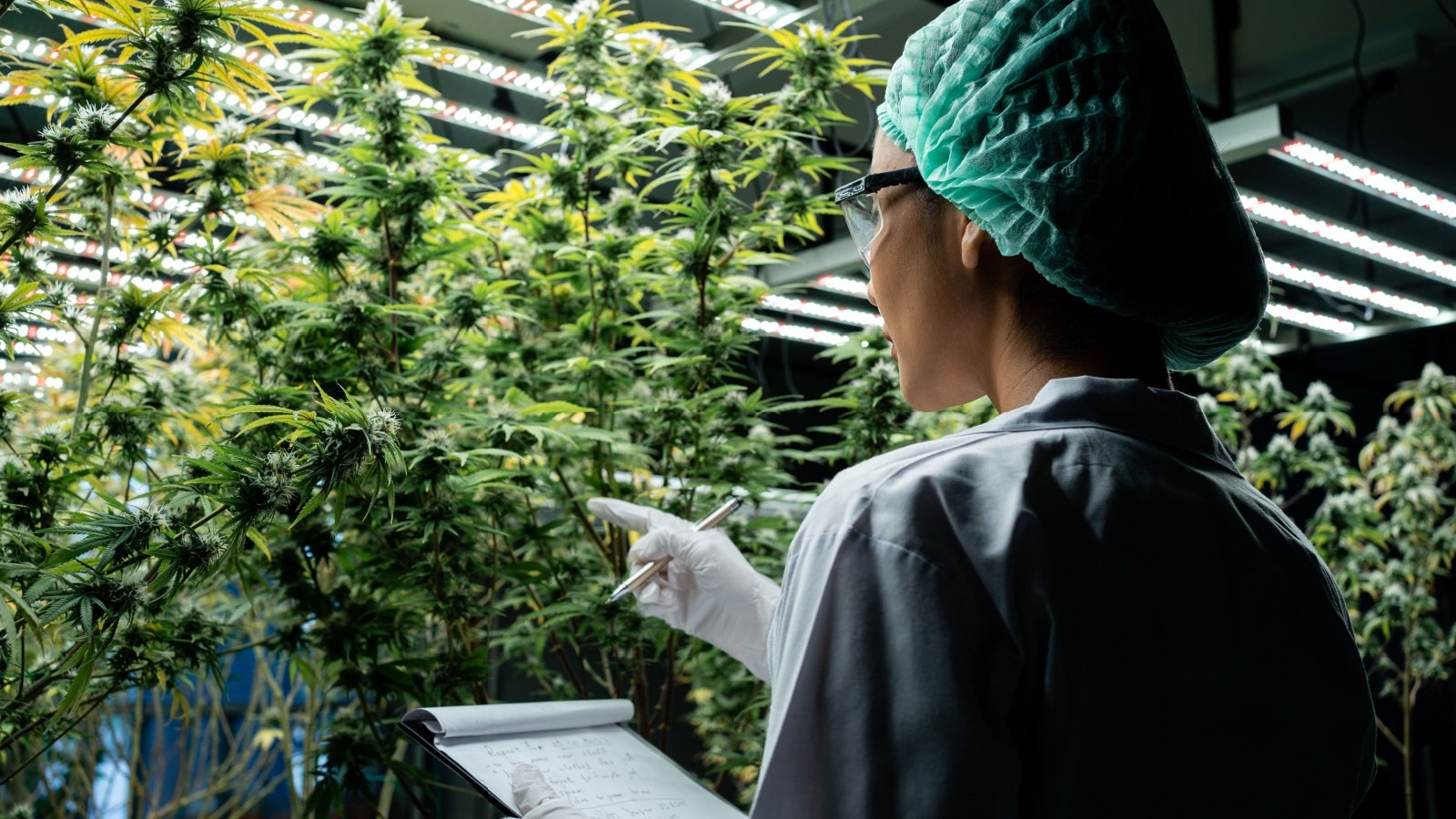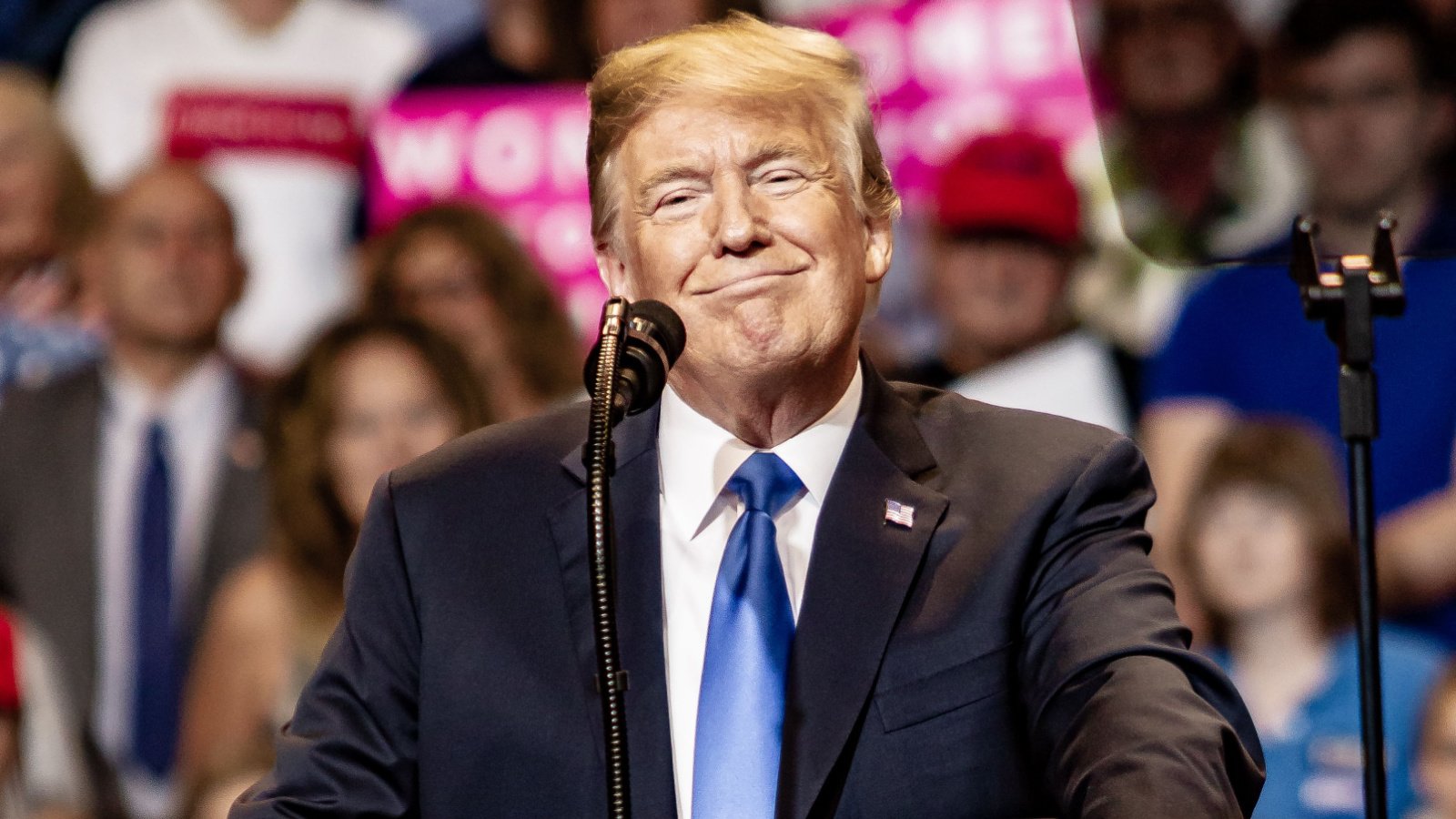The U.S. Justice Department has just proposed a groundbreaking rule that could reshape the future of marijuana in America. By easing federal restrictions and promoting medical research, this move could bridge the chasm between state and federal cannabis laws, offering new opportunities for the industry and hope for countless patients.
Justice Department Proposes Marijuana Reclassification

The U.S. Justice Department has put forward a historic proposal to ease federal restrictions on marijuana. This rule, if enacted, would also enable more research on the drug’s medicinal benefits. The proposal, first announced in April, marks a significant shift in federal drug policy.
Shift from Schedule One to Schedule Three

The new rule would reclassify cannabis from a schedule one drug to a schedule three. Schedule one drugs, like heroin, are deemed highly addictive with no accepted medical use. In contrast, schedule three drugs are considered to have a moderate to low potential for physical and psychological dependence.
FDA Recognizes Medicinal Benefits

The U.S. Food and Drug Administration (FDA) has highlighted credible scientific support for the use of marijuana in treating chronic pain, anorexia related to a medical condition, and nausea and vomiting. The FDA’s review found no significant safety concerns associated with the medical use of marijuana. This acknowledgment from the FDA underscores the potential health benefits of cannabis.
Biden’s Campaign Promise in Action

President Joe Biden initiated the review of marijuana’s classification in 2022. This move fulfills a key campaign promise, particularly important to his left-leaning political base. Biden’s push for reclassification is seen as a strategic effort to align federal policies with evolving state laws and public opinion.
Current Classification Under DEA

Under current regulations, marijuana is classified alongside drugs like heroin and LSD by the Drug Enforcement Administration (DEA). This strict classification has long hindered research and medical use. The proposed reclassification would shift marijuana to a category that includes drugs like ketamine and Tylenol with codeine.
Bridging State and Federal Laws

Reclassifying marijuana is a crucial step toward narrowing the gap between state and federal cannabis laws. Nearly 40 states have legalized marijuana in some form, creating a complex legal landscape. Aligning federal policies with state laws would provide clarity and consistency across the nation.
Impact on Research and Investment

While rescheduling marijuana would not legalize it at the federal level, it would significantly boost research opportunities and medical use. This change could lead to lighter criminal penalties for marijuana-related offenses. Additionally, it would attract increased investment in the cannabis sector, fostering economic growth.
Potential Benefits for Cannabis Companies

Federal reclassification could provide substantial benefits for cannabis companies. They could become eligible for listing on major stock exchanges, enhancing their visibility and investment potential. Moreover, they would be able to take advantage of more generous tax deductions.
Banking Restrictions and Cash Reliance

Easing federal restrictions could also reduce banking challenges for cannabis companies. With marijuana currently illegal at the federal level, most U.S. banks avoid lending to or serving cannabis businesses. This has forced many companies to rely on cash transactions, posing security risks and operational difficulties.
DEA Urged to Heed HHS Recommendations

The Justice Department’s opinion suggests that the DEA should give significant weight to the U.S. Department of Health and Human Services’ (HHS) scientific findings. HHS’s assistant secretary for health recommended reclassifying marijuana to schedule three as early as August 2023. The DEA’s decision will be pivotal in shaping the future of marijuana regulation.
Public Comment Period

The public will have 60 days to submit comments on the Justice Department’s proposal. This period allows stakeholders, including medical professionals, researchers, and the general public, to provide input. A public hearing on the proposal can also be requested, ensuring transparency and public involvement in the decision-making process.
Future of Marijuana Regulation

The proposal to reclassify marijuana represents a significant shift in federal drug policy. By aligning more closely with scientific research and state laws, this move could pave the way for broader acceptance and use of marijuana for medical purposes. The outcome of this proposal will have far-reaching implications for the cannabis industry, public health, and federal drug enforcement policies.








